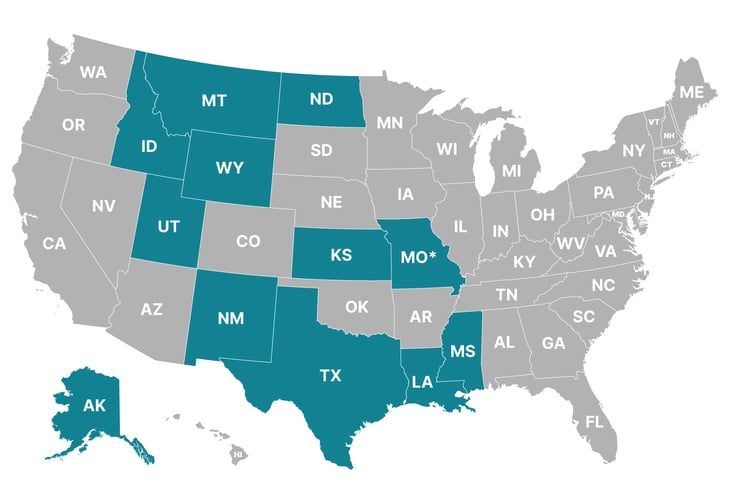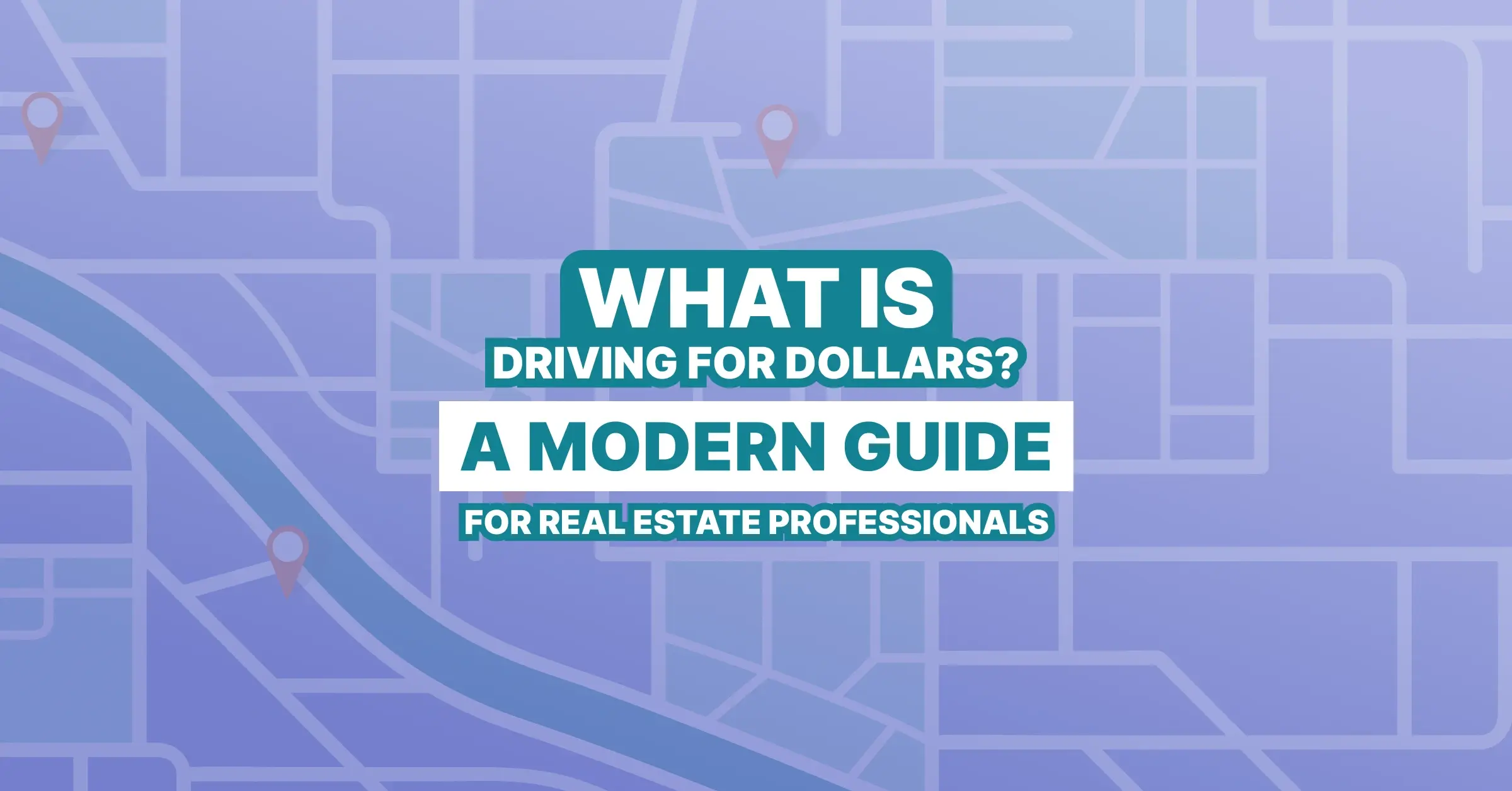Disclaimer: PropStream doesn’t offer legal advice regarding the use of Public Record Sales data in non-disclosure states. We recommend becoming familiar with your local laws to determine your best course of action if you choose to pursue this data through creative means.
|
Key Takeaways:
|
If you’re in the real estate industry, you’ve likely heard of disclosure and non-disclosure states.
If you’ve heard of them but you’re not quite sure what these terms mean, disclosure vs. non-disclosure simply refers to a state’s ability to publish property sale prices via the Public Record. As the names suggest, in disclosure states, Public Record Sale Prices are disclosed. In non-disclosure states, Public Record Sale Prices are not.
It’s important to understand whether you operate in a disclosure or non-disclosure state because public record sales data plays a large role in determining property value for real estate professionals.
While real estate pros working in non-disclosure states may be able to access this data through creative methods, what the term “non-disclosure” refers to is the county employees’ inability to disclose this data to the general public.
In this article, we explored which states are disclosure and non-disclosure and how you can continue evaluating deal potential regardless of the state you work in.
Table of Contents |
Which States Are Disclosure and Which Are Non-Disclosure?

There are 12 non-disclosure states:
- Alaska (AK)
- Idaho (ID)
- Kansas (KS)
- Missouri (some counties) (MO)
- Mississippi (MS)
- Louisiana (LA)
- Wyoming (WY)
- Utah (UT)
- Texas (TX)
- North Dakota (ND)
- New Mexico (NM)
- Montana (MT)
Try PropStream for 7 Days Free!
The remaining 38 states are all disclosure states.
PropStream Offers Actual and Estimated Public Record Sales Prices and More!
Even if you can’t access exact public record sale prices, you can still run comps in non-disclosure states using PropStream.
PropStream provides a Public Record Estimate for sales prices in non-disclosure states that is meant to provide you with the closest possible number to the true sale price. If you work in a disclosure state, PropStream has the actual public record sales prices.
In addition to the Public Record Estimate, PropStream offers MLS Sold Data in both non-disclosure and disclosure states.
Pro Tip: Check out this video to learn more about comping in disclosure and non-disclosure states using PropStream’s Public Record and MLS Data!
Get Started With PropStream Today
Working in a non-disclosure state shouldn’t stop you from accessing the closest possible sales estimates, as they’re crucial for running comps and securing the best deals.
Start browsing our Public Record and MLS Sold Data to take your comping game to the next level!
Try PropStream for 7 Days Free to Study Data for 160+ Million Properties Nationwide!
Frequently-Asked Questions (FAQs)
1. What is the difference between a disclosure state and a non-disclosure state?
In disclosure states, home sale prices are public record and available through the county or MLS. In non-disclosure states, sale prices are kept private and not reported to the public.
2. Which states are considered non-disclosure states?
There are 12 non-disclosure states:
Alaska (AK)
Idaho (ID)
Kansas (KS)
Missouri (some counties) (MO)
Mississippi (MS)
Louisiana (LA)
Wyoming (WY)
Utah (UT)
Texas (TX)
North Dakota (ND)
New Mexico (NM)
Montana (MT)
3. How does living in a non-disclosure state affect property value transparency?
Because sale prices aren’t publicly available, it’s harder for buyers, sellers, and investors to confirm a home’s true market value without access to specialized data tools. This makes PropStream's estimated public record sales value vital for evaluating deal potential in non-disclosure states.
4. Can buyers still find out what a home sold for in a non-disclosure state?
Yes, but not through public records. They often need to rely on real estate agents, appraisers, or professional platforms like PropStream that compile MLS and private data.
5. Why does the disclosure vs. non-disclosure distinction matter for real estate investors and agents?
It impacts how easily you can analyze comps, set pricing, and estimate property values. In non-disclosure states, agents and investors must lean on trusted data sources for accurate insights.
Subscribe to PropStream's Newsletter



